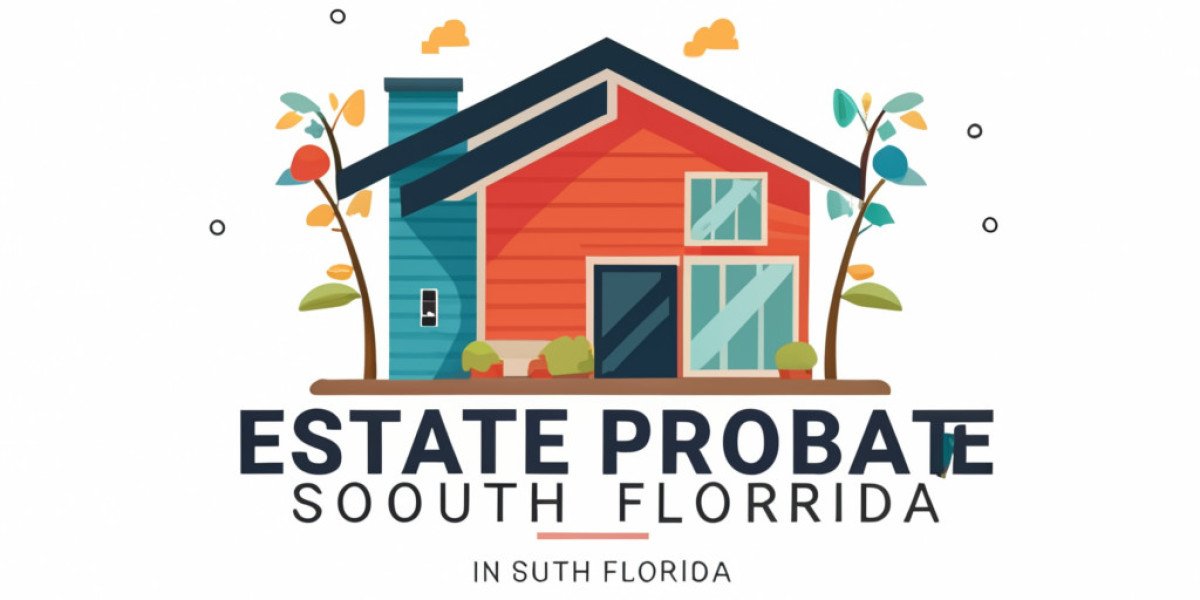Buying property in Florida can be a complex process, especially when dealing with probate properties. Understanding the steps involved can help streamline the purchase and ensure a successful transaction. explores the essential steps to consider when buying probate property in Florida, providing you with a comprehensive roadmap to navigate through the process.
What is Probate Property?
Probate property refers to real estate that is part of the estate of a deceased person. These properties typically go through a court-managed process called probate, where the deceased person's will is validated, debts are settled, and assets are distributed to heirs or beneficiaries. Buying probate property can offer unique opportunities for investment, but it requires a clear understanding of the legal and procedural aspects involved.
Key Steps to Purchase Probate Property in Florida
Understand the Probate Process
Before diving into purchasing probate property, it's crucial to grasp the probate process itself. In Florida, probate proceedings are governed by specific laws and procedures.
Opening the Estate: This begins with filing a petition for administration in the county where the deceased person resided.
Notifying Creditors and Beneficiaries: Creditors must be notified to make claims against the estate, and beneficiaries are informed about their entitlements.
Inventory and Appraisal: An inventory of the deceased person's assets, including real estate, is prepared, and property may be appraised to determine its value.
Distribution: After debts and taxes are paid, remaining assets, including real estate, are distributed to beneficiaries as specified in the will or by intestate succession laws if there's no will.
Understanding where the property stands in this process is crucial for prospective buyers.
Identify Probate Properties
Once you understand the probate process, the next step is to identify probate properties that are available for sale. This can be done through:
Public Records: Probate proceedings are a matter of public record, and you can search for probate filings in the county where you're interested in purchasing property.
Real Estate Agents: Some agents specialize in probate properties and can help you find listings that fit your criteria.
Attorneys: Probate attorneys or estate lawyers may have insights into properties that are in probate and available for sale.
Conduct Due Diligence
Due diligence is critical when purchasing any property, and even more so with probate properties. Key aspects of due diligence include:
Title Search: Verify the property's title to ensure there are no liens or encumbrances that could affect your ownership rights.
Property Inspection: Conduct a thorough inspection of the property to assess its condition and identify any necessary repairs or issues.
Review of Court Filings: Review court filings related to the probate to understand any claims, liens, or disputes that may impact the property.
Make an Offer
Once you've identified a probate property that meets your criteria and completed your due diligence, it's time to make an offer. Your offer should take into account the property's appraised value, market conditions, and any repairs or improvements needed. In probate sales, offers are typically made to the estate's representative or executor, who will present them to the court for approval.
Court Approval and Closing
If your offer is accepted by the estate, the next step is to seek court approval. In Florida, probate sales require court confirmation to ensure fairness to the estate and its beneficiaries. The court will review the terms of the sale, including the purchase price and any contingencies, before approving the transaction.
Once court approval is obtained, the closing process can proceed. This involves finalizing the sale, transferring ownership, and recording the transaction with the county. It's essential to work closely with your real estate agent, attorney, or title company to navigate the closing process smoothly.
Buying probate property in Florida can be a rewarding investment opportunity, but it requires a thorough understanding of the probate process and careful attention to legal and procedural details. beneficial interest property these key steps from understanding the probate process to conducting due diligence and securing court approval—you can position yourself for a successful purchase. Whether you're looking for a residential property or an investment opportunity, probate properties can offer unique advantages with proper preparation and guidance.
 AdBlock Detectado
AdBlock Detectado








